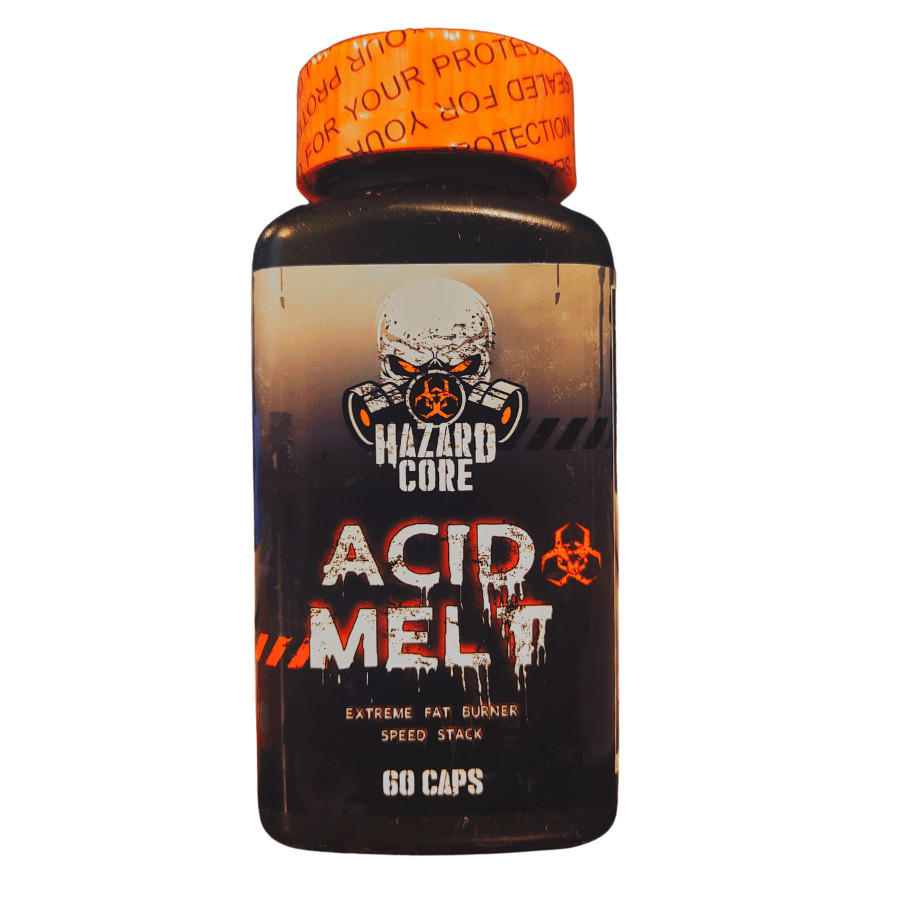Increased cortisol concentration in the bloodstream can be recognized by increased respiratory rate and blood pressure. If this situation persists for a long time, unfortunately, you have to reckon with the deterioration of health. Cortisol affects protein metabolism (increases the breakdown of amino acids) and water and electrolyte balance. It increases the excretion of potassium from the body while retaining sodium. It is responsible for increasing blood pressure, stimulating gastric juice secretion, increasing lipolysis and calcium release from bones. Cortisol is also disadvantaged because it causes a decrease in immunity. Long-term high cortisol levels in the blood are a direct route to insulin resistance and fat storage around the waist. It also leads to increased blood volume, heart, and kidney problems. With excessive cortisol, osteoporosis can develop, infertility develops, and testosterone decreases.
People struggling with this problem tend to gain weight, even if they have not increased the caloric content of their meals. This is because the stress hormone slows down metabolism and has a destructive effect on the thyroid gland. As a result, it causes hunger pangs and cravings for unhealthy snacks.
In the face of excess cortisol, there are problems with sleep. Insomnia and depression develop. The hormone should be at its highest level in the morning, then drop and have its lowest concentration in the evening. However, if it remains at a high level throughout the day, then, unfortunately, you have to reckon with the appearance of several problems. Immunity decreases, and the body is more susceptible to infections. Connective tissues in the skin and muscles weaken, the ageing process of cells accelerates. Stress tolerance decreases, mood swings and feelings of anxiety appear, libido decreases, and premenstrual syndrome develops.
How to lower cortisol?
Since high cortisol levels in the blood are not suitable for the body, you need to think about how to lower them. It’s a good idea to start with things that seem trivial but are extremely important. An example would be getting enough sleep. Unfortunately, sleep deficit is a direct route to lack of energy and excessive production of cortisol. It only takes one sleepless night to maintain high-stress hormone levels in the bloodstream for the next week. So it’s no wonder that more sleep problems arise.
However, it should be noted that not only the number of hours of sleep but above all its quality is essential. Too much rest can also lead to fluctuating cortisol levels. Frequent smiling is also helpful, as the production of endorphins reduces the stress hormone. Even if someone is not in a good mood, simply forcing a smile will reduce cortisol secretion. Extremely beneficial is cuddling with a partner, pet, someone close. In this way, you can increase the production of happy hormones naturally.
Very helpful in the case of excessive release of stress hormone is reaching for herbs. The best are adaptogens, which reduce the body’s susceptibility to stressors and facilitate preparation for adverse conditions. Particularly noteworthy are: ashwagandha, liquorice, rhododendron, ginseng. Of course, the effects will not appear immediately. However, you need to take adaptogens regularly to regain a good mood and effectively reduce cortisol.
It is also worth practising various relaxation techniques to reduce stress levels. For some, reading books will be ideal. For others, playing sports, getting a massage, taking a hot bath by candlelight, etc. Diet is also essential. One should limit sugar intake and take care of hydration of the body. It is recommended to eat dark chocolate, bananas, pears, natural yoghurt, products rich in fibre. Supplements designed to lower cortisol levels are also beneficial. It is recommended to take phosphatidylserine, BCAA, vitamin C, magnesium, valerian, l-theanine, omega-3 acids, 5-HTP, DHEA.








